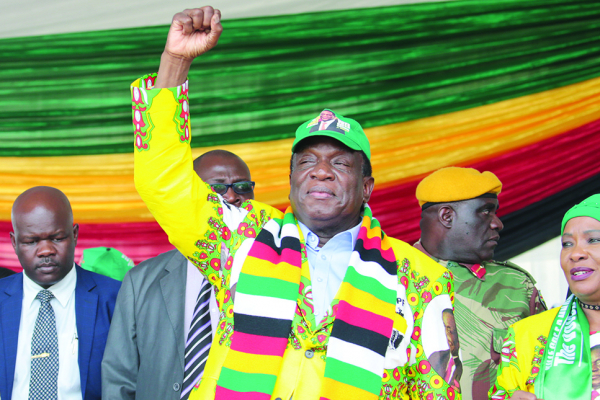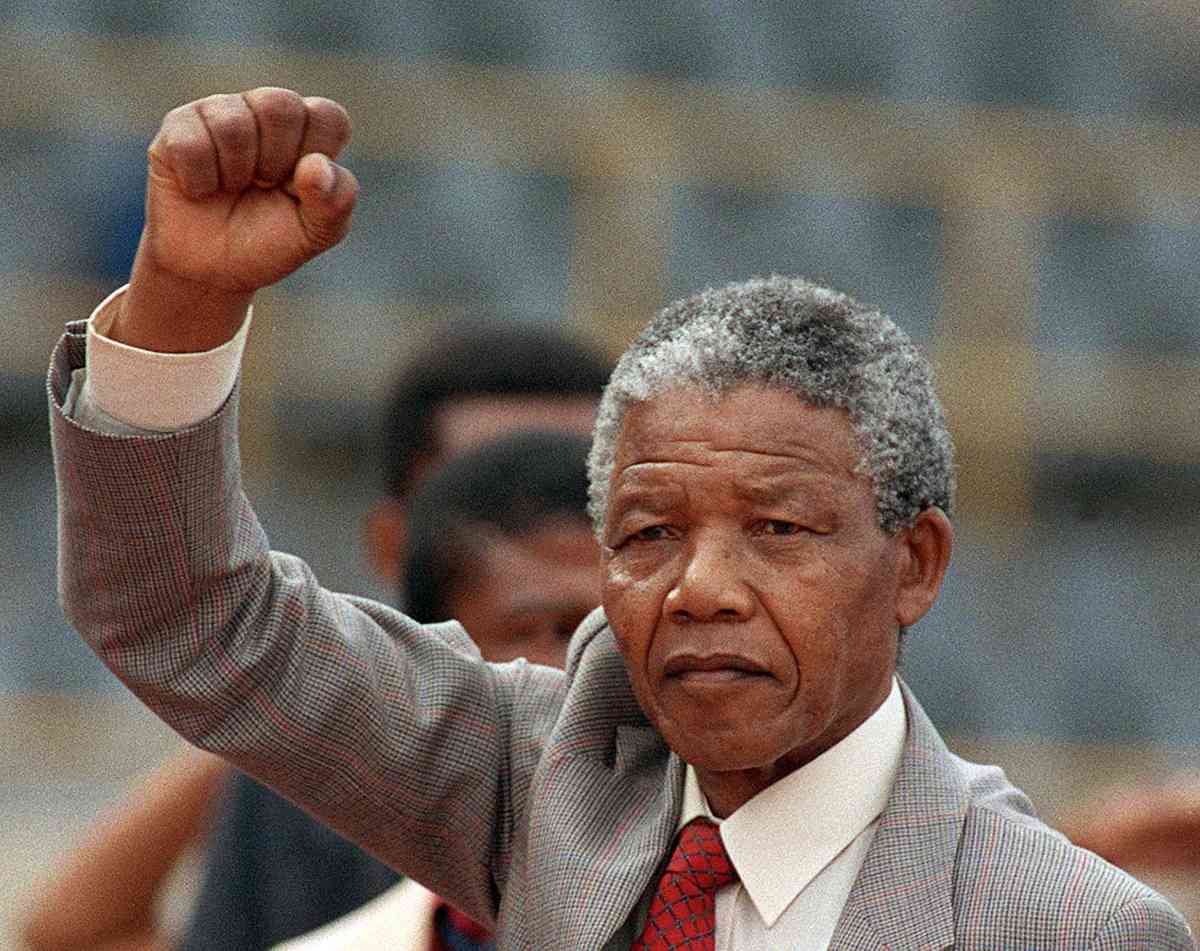
Guest column: Obert Chinhamo
THE appointment of a nine-member Zanu PF-dominated Parliamentary Privileges Committee to investigate MDC Alliance legislators for snubbing President Emmerson Mnangagwa in the National Assembly smacks of conflict of interest.
It is alleged that on September 18, 2019, the MDC Alliance parliamentarians walked out of the august House when Mnangagwa came to address them. The opposition MDC Alliance has for a long time been maintaining that it does not recognise the Zanu PF leader as the country’s President because he lost the elections to Nelson Chamisa.
The exasperated Zanu PF parliamentarians compelled the party’s chief whip Pupurai Togarepi to raise a point of privilege on November 14, 2019, regarding the conduct of MDC Alliance parliamentarians.
In response, the Speaker of Parliament appointed Jonathan Samukange (Mudzi South), Joseph Chirongoma (Mashonaland West senator), Omega Hungwe (Harare Metropolitan senator), Cecil Kashiri (Magunje MP), Stars Mathe (Nkayi South MP), Levi Mayihlome (Umzingwane MP), Kindness Paradza (Makonde MP), Alignia Samson (Proportional Representative) and Priscilla Misihairabwi-Mushonga (MDC). Apart from Misihairabwi-Mushonga, the rest of the members are from the ruling Zanu PF party. However, Priscilla Misihairabwi-Mushonga declined the offer because of conflict of interest.
As if not caring or bothered by the challenge of conflict of interest, the rest of the members accepted the offer and have started the investigations and are due to hand over the report on February, 28, 2019.
The question that should be asked is why the rest of the members, with the exception of Misihairabwi-Mushonga, are not bothered by the challenge of conflict of interest? Also worrying is why the Speaker of the National Assembly, Jacob Mudenda, is equally not bothered by the glaring conflict of interest.
Before delving into a discussion on this issue, it would be a remiss if the term conflict of interest is not explained. The definition of conflict of interest in the Code of Conduct for the Parliament of Zimbabwe is inadequate, too narrow and limiting. It needs broadening as it focuses on conflict of financial interests.
- Chamisa under fire over US$120K donation
- Mavhunga puts DeMbare into Chibuku quarterfinals
- Pension funds bet on Cabora Bassa oilfields
- Councils defy govt fire tender directive
Keep Reading
However, Article 3 of the Code of Conduct for the European Parliament is more telling and compelling. The EU code says conflict of interest arises where a Member of the Parliament has a personal interest that could improperly influence the performance of his or her duties as a member.
More clearer is the Scottish Parliament definition which describes conflict of interest as arising “… where you have an interest which may actually compromise or be reasonably perceived to compromise your ability to perform your role ….in an impartial and objective manner (that is, where your interest provides you with an incentive and your role responsibilities provide you with the opportunity to grant an unfair advantage or disadvantage).
It is recognised that actual, potential or perceived conflicts of interest would inevitably occur and that these may arise across all levels of decision-making and areas of work. The types of potential conflicts of interest which are most relevant in the parliamentary context are generally of a personal, financial, political or other professional nature.”
In the case under review, Zanu PF and MDC Alliance are known and declared political rivals and the leading political parties in Zimbabwe. President Emmerson Mnangagwa, whose address was snubbed, hails from the ruling Zanu PF and conflict of interest arises from the fact the members of the committee are also from the same political party.
Also worrying is the fact that the Speaker of the National Assembly is also from his Zanu PF party.
The Speaker is quoted to have shown favour for the party sponsoring him. It is on record that the same Speaker ignored a point of privilege raised by Mbizo legislator Settlement Chikwinya of the MDC Alliance to investigate Zanu PF legislators disrupting parliamentary portfolio committees chaired by MDC Alliance legislators.
This case can be used to explain the hypothesis that the Speaker is also there to serve the interests of the ruling Zanu PF. It would thus be surprising if the committee reports positively on members of its rival political party.
This way, conflict of interest is a form of corruption and Zimbabwe, currently waging a war against corruption, should not allow this discredited committee to proceed, let alone produce a report of its findings.
The way forward should be to protect the integrity of the institution and make efforts to set up an independent committee.
Institutions such as Parliament should engender ethics and accountability in order to gain citizens’ trust.
The committee should be independent from both Zanu PF and the MDC Alliance. This means that Zanu PF and MDC Alliance legislators should not be members of the committee.
Furthermore, the Speaker of the National Assembly should not be responsible for appointing the committee since he is also from Zanu PF. Let me also recommend that Parliament of Zimbabwe revisits its definition of conflict of interest in its Code of Conduct.
Obert Chinhamo is the chairperson of the Southern African Anti-Corruption Network (SAACoN) and director of the Anti-Corruption Trust of Southern Africa (ACT-SA). He is writing in his personal capacity. He can be contacted on e-mail: [email protected]











